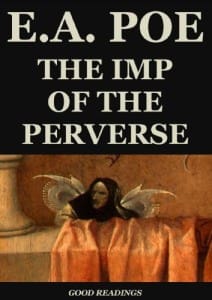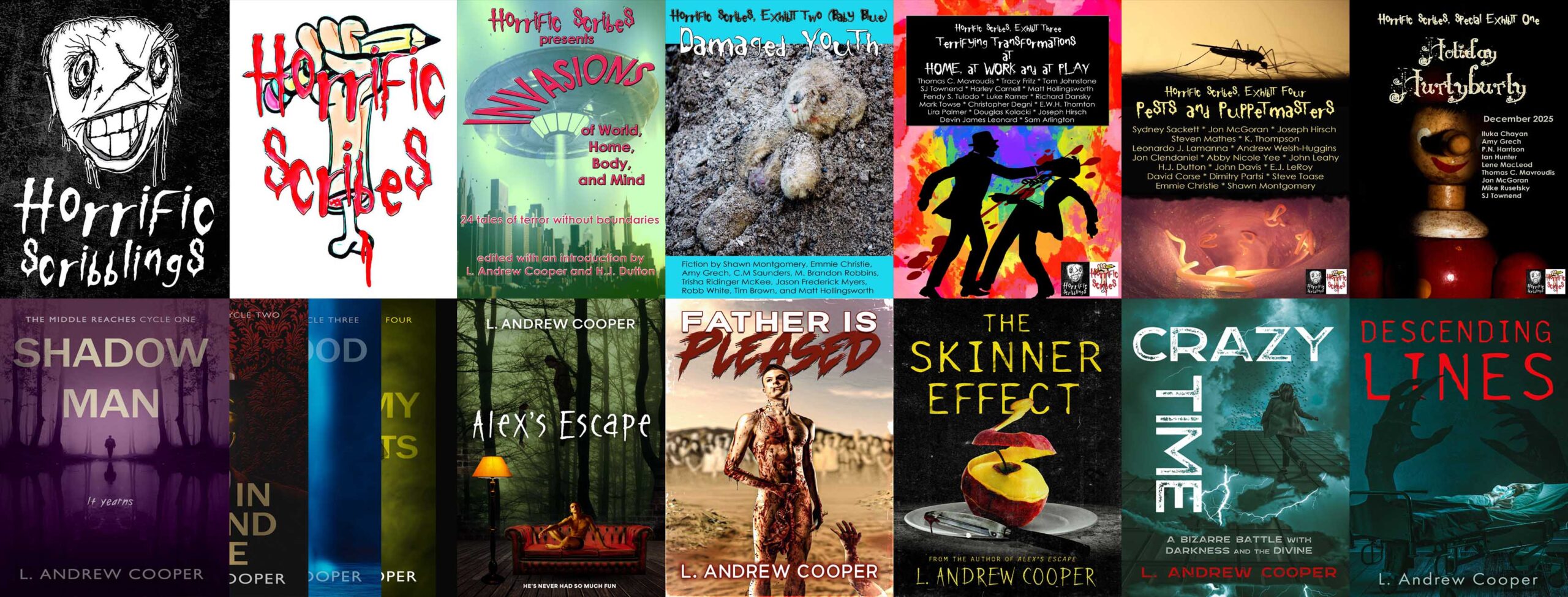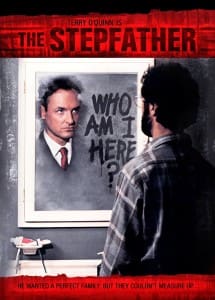 My personal Imp of the Perverse likes to make me a liar when I talk about writing. For instance, in a recent interview, I mentioned that I almost never write about real people, at least not people I’m on good terms with, because my fiction mostly focuses on bad, horrific things. Naturally, within weeks of the interview, a project I was working on decided to include some of the people I care about most. Nothing bad happens to them, I promise! Well, nothing permanent. In fact, the project, The Great Sonnet Plot of Anton Tick, combines nostalgia and good feelings with horror and depression in ways I’ve never explored before… but I think one of the reasons it uses both me and people I know, by name, no less, is because the Imp likes making me a big fat liar. So note: I do write about people I know, and quite directly, and sometimes to express love and praise as well as to spew vitriol. Go figure. The Imp did not ask me first.
My personal Imp of the Perverse likes to make me a liar when I talk about writing. For instance, in a recent interview, I mentioned that I almost never write about real people, at least not people I’m on good terms with, because my fiction mostly focuses on bad, horrific things. Naturally, within weeks of the interview, a project I was working on decided to include some of the people I care about most. Nothing bad happens to them, I promise! Well, nothing permanent. In fact, the project, The Great Sonnet Plot of Anton Tick, combines nostalgia and good feelings with horror and depression in ways I’ve never explored before… but I think one of the reasons it uses both me and people I know, by name, no less, is because the Imp likes making me a big fat liar. So note: I do write about people I know, and quite directly, and sometimes to express love and praise as well as to spew vitriol. Go figure. The Imp did not ask me first.

The Imp also did not ask before landing me in my current predicament. I’ve always been a One-Man-One-Book kind of writer, which is to say, I might have a story or an article on the side, little flings, but I’ve kept myself steady with one major project at a time. That way, when a block of hours for writing presents itself, I always know where my mind is going, be it into fact or into fiction. When I was writing my non-fiction book Dario Argento, I got out my notes on Dario’s wonderful movies and went into analysis mode. When I was writing my novel Descending Lines, I thought about doomed couple Megan and Carter Anderson and charted the next step downward on their descent. Having a stable place for the mind to go keeps the project focused, keeps it going, and keeps me sane, as I can always escape into it when I need something to think about other than whatever annoying thing is present to my consciousness at any given time. Annoyed by tax forms? Think about the zany bugs in Argento’s Phenomena. Annoyed by self-sustaining interpersonal conflicts? Think about the next scene of slaughter that will ruin Megan Anderson’s day. Simple psychological shelters!

Having a home base for the brain keeps it whole, in a way, which is why—one reason why, at least—right now Writer Me feels like a box of Mini-Wheats, lots of little squares, each with two sides arguing about the virtues of frosting.
Don’t get me wrong. I lurve aspects of my fractured brain-home predicament, which began, I dunno, six months ago, when I up and started the strangest book I’ve yet written, Manufacturing Miracles, the novel that picks up where my novel Burning the Middle Ground left off. Faster plotting, more characters, and more settings than my previous work, with the bizarreness quotient ratcheted up considerably—great good fun, but also difficult. Work on that got waylaid, however, when I made the fantastic deal with Seventh Star Press for new editions of Reel Dark and Leaping at Thorns as well as my next collection of short stories, Peritoneum, all of which are slated for release in April/May 2016. Naturally, work on these three books needed (and continues to need) to intrude on Manufacturing Miracles for awhile. NOT complaining—good, lurvable stuff—but factors in the fracturing of my brain home. I should also mention that during all of this action another factor, also exciting and good, in the form of a book called The Blue Jacket Conspiracy—a dark mainstream thriller—has been going through the process of settling in with an agent, going to market, and hunting a home. So instead of one book on home base, that’s… five, at various states from just-started to almost-published.
Then the Imp gets really crazed and has me start writing poetry, which I haven’t taken seriously, at least not with myself as author, since college. I start counting the syllables in everything and rhyming accidentally. I write a few sonnets, and next thing you know, I’m working on the aforementioned 100-poem cycle The Great Sonnet Plot, followed by “Villanelles of Villainy” and “Rondeaux of Indifference,” as I am a junkie for difficult, exacting forms and, contrary to the dominant fads of the last century, really like meter and rhyme. So as of this month, I have a book of poetry to polish and try to publish.
Manufacturing Miracles, still in the first third of its daunting outline, is jealous.
So today, when sitting down to write, I tinkered with a poem, tinkered with a novel, and was then reminded by Facebook that I haven’t posted on my author page in—gasp!—NINE DAYS. I love you all, I really do, so my Imp, my fractured brain, and I aren’t doing anything about any of the six books I’m worrying about and are instead writing this piece. Of. Reflection on writing.
Lies? Blogs about writing are supposed to contain bulleted advice. Somewhat clueless, I offer the following for when you find your brain facing the bogey of fragmentation:

- Drink espresso. After a trip to Italy, I returned to the States still fond of American coffee but somewhat ruined for it. What better way to Power Through than a little high-test, eh? It may not help with that fractured feeling—it may increase it, in fact—but if I need to flit like a mosquito from this to that, molto bene!
- Triage. I say “triage” rather than “prioritize.” In emergency rooms as on the battlefield, aid workers must assess not only who has the greatest need for care, but who will benefit most from care, as some people are goners, and he who howls the most (Manufacturing Miracles is a howler) is not always in the greatest need. Deadlines (get it? “dead” “lines”) are useful triage guides, but so are supplies. I had a sudden, inexplicable supply of meter and rhyme, so The Great Sonnet Plot was going to benefit most from available care. Others, without immediate deadlines, weren’t going to die from waiting for better supplies to arrive… so they waited.
- Connect. This one is tricky because it gets really confusing really fast, but all six of the projects I’m working on right now have relationships with and references to one another. Heck, The Great Sonnet Plot even refers to Argento. At times, these connections create an illusion of wholeness—I’m really working on one great big project!—and at other times, I just forget what I’m doing, and I step back, like The Stepfather, and ask, “Who am I here?” Still, an illusion of wholeness can redouble a sense of purpose, and that’s, uh, good.
- Visualize. If you learned from The Classics first, think Cicero and Quintilian, or if you’re like me, think Hannibal Lecter: either way, think of the Memory Palace, the idea that your mind is a big ol’ house full of many rooms, and each room contains one of your projects. If you’re stuck on Connect, put all the rooms in the same wing of the house, connected by the same hallway, maybe painted the same color. Anyway, in each room, the project’s characters (or, in the case of something like Dario Argento, I’d say the movies, or in another type of non-fiction, I’d say the major events I was writing about, or whatever) are waiting. They may or may not be patient, but they’re waiting every time you go into the room. Enter, talk to them, get them going, and while you’re there, write. When you’re done, you can leave, and you go to another room that day or any other day, and you can come back whenever you want. This method will help you keep the projects sorted and On Call in your brain, which, thanks to your architectural maneuvering, is more partitioned than fragged.
- Drink. Face it. The people in all those rooms are not patient. There’s a reason why writers and bottles, historically, get along well. I am not advising you to violate your belief system. But I believe you got to shut those people up somehow, sometime, ’cuz otherwise, that whole damned house is gonna burn, and you ain’t saving none of those patients.





Comments are closed.